The Phenomenon of Celebrity Look-Alikes: A Study of Resemblance and its Impact
Related Articles: The Phenomenon of Celebrity Look-Alikes: A Study of Resemblance and its Impact
Introduction
In this auspicious occasion, we are delighted to delve into the intriguing topic related to The Phenomenon of Celebrity Look-Alikes: A Study of Resemblance and its Impact. Let’s weave interesting information and offer fresh perspectives to the readers.
Table of Content
The Phenomenon of Celebrity Look-Alikes: A Study of Resemblance and its Impact
![Amazing: 15 Celebrities And Their Celebrity Look-Alikes [LOOK] - The Trent](https://www.thetrentonline.com/wp-content/uploads/2014/01/Celebrity-Look-Alikes-The-Trent-2-0987.jpg)
The human capacity for pattern recognition is a remarkable evolutionary adaptation, allowing us to navigate complex environments and make sense of the world around us. This same ability, however, can lead to intriguing instances of perceived resemblance, particularly when it comes to the faces of celebrities. The phenomenon of individuals bearing a striking resemblance to famous personalities is a recurring theme in popular culture, often sparking curiosity and amusement. This article delves into the psychology behind such resemblances, explores the impact they have on the lives of those who experience them, and examines the cultural significance of this intriguing phenomenon.
The Psychology of Resemblance
The human brain is wired to recognize faces and categorize them based on various features. This process, known as facial recognition, is crucial for social interaction and navigating complex social environments. However, this innate ability can sometimes lead to misattributions, particularly when presented with faces that share similar features.
Several factors contribute to the perception of resemblance between individuals and celebrities:
- Feature Similarity: The most obvious factor is the presence of shared facial features. These can include eye shape, nose structure, jawline, or even the overall arrangement of facial components.
- Familiarity: Our brains are more likely to identify resemblances with faces we encounter frequently. Celebrities, by virtue of their widespread media presence, become highly familiar figures, increasing the likelihood of perceived resemblance.
- Cognitive Bias: The phenomenon known as "confirmation bias" can play a role. Once we perceive a resemblance, we tend to focus on the shared features, reinforcing our initial observation and overlooking subtle differences.
- Cultural Context: The prevalence of certain facial features within a particular culture can influence how we perceive resemblance. For instance, a person with certain East Asian features might be more likely to be compared to an East Asian celebrity.
The Impact on the Lives of Look-Alikes
The experience of being a celebrity look-alike can be a complex and multifaceted one. While it can lead to amusing anecdotes and occasional opportunities, it can also present unique challenges:
- Attention and Recognition: Being mistaken for a celebrity can lead to constant attention, often unsolicited. This can be overwhelming and intrusive, particularly in public settings.
- Social Interactions: The perception of resemblance can influence how others interact with individuals, leading to assumptions about their personality, interests, and even their life experiences.
- Privacy Concerns: The constant attention and scrutiny can infringe upon personal privacy, as individuals may feel their lives are subject to public scrutiny and speculation.
- Career Opportunities: For some, the resemblance can open doors to careers in entertainment or modeling. However, it can also lead to typecasting and limit opportunities based solely on appearance.
The Cultural Significance of Look-Alikes
The phenomenon of celebrity look-alikes has a significant cultural impact, reflecting our fascination with fame and the human desire for connection.
- The Power of Celebrity: The prevalence of celebrity look-alikes speaks to the profound influence celebrities have on our culture and our lives. They serve as cultural icons, representing aspirations, ideals, and even anxieties.
- The Pursuit of Identity: The desire to be recognized as someone else, even if it’s just a fleeting moment, can be seen as a reflection of the human desire for belonging and validation.
- The Role of Media: The proliferation of images and information in the digital age has amplified the impact of celebrity culture, leading to a greater awareness of look-alikes and their stories.
- Humorous Relief: The humorous aspects of celebrity look-alikes provide a source of entertainment and lightheartedness, offering a lighthearted perspective on the often-serious world of celebrity culture.
FAQs by People Who Look Like Celebrities
Q: How do I deal with constant attention and recognition?
A: It is important to set boundaries and communicate your comfort levels. If you are feeling overwhelmed, consider politely explaining that you are not the celebrity in question. If necessary, you can also seek support from friends, family, or a therapist.
Q: How can I leverage my resemblance to my advantage?
A: If you are comfortable with the attention, you could consider pursuing opportunities in entertainment or modeling. However, it is essential to be realistic about your expectations and to avoid solely relying on your resemblance for success.
Q: How do I protect my privacy?
A: You have the right to privacy and can choose to decline photo requests or avoid situations that make you uncomfortable. It is also important to be mindful of your online presence and to protect your personal information.
Q: What if my resemblance to a celebrity is causing negative attention or harassment?
A: If you are experiencing harassment or negative attention, it is crucial to seek help from authorities or a support organization. You have the right to feel safe and to be treated with respect.
Tips by People Who Look Like Celebrities
- Embrace your uniqueness: While your resemblance to a celebrity may be a part of your identity, it is important to recognize that you are an individual with your own unique qualities and experiences.
- Develop a strong sense of self: Having a clear understanding of your values, interests, and goals can help you navigate the challenges and opportunities associated with being a look-alike.
- Set boundaries: Communicate your comfort levels with others and be assertive in protecting your personal space and privacy.
- Seek support: Don’t hesitate to reach out to friends, family, or a therapist if you are struggling with the attention or the impact it has on your life.
Conclusion by People Who Look Like Celebrities
The phenomenon of celebrity look-alikes is a fascinating reflection of our fascination with fame, our desire for connection, and the intricate workings of the human mind. While it can present unique challenges and opportunities, it is ultimately a testament to the diversity and interconnectedness of the human experience. By embracing their individuality and navigating the complexities of their unique situation with grace and resilience, those who bear a resemblance to celebrities can find their own path to fulfillment and self-discovery.
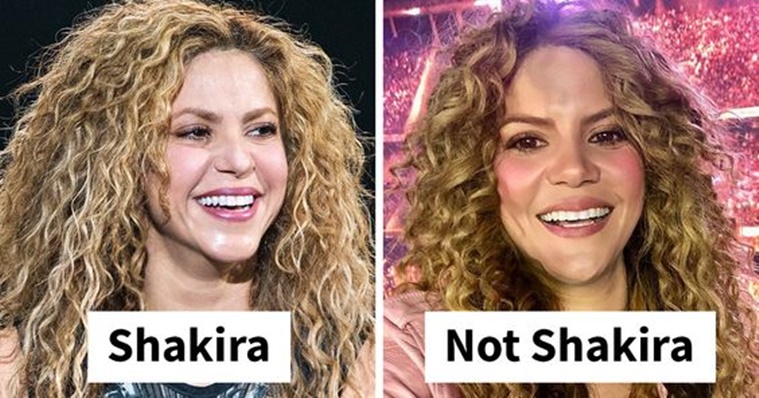
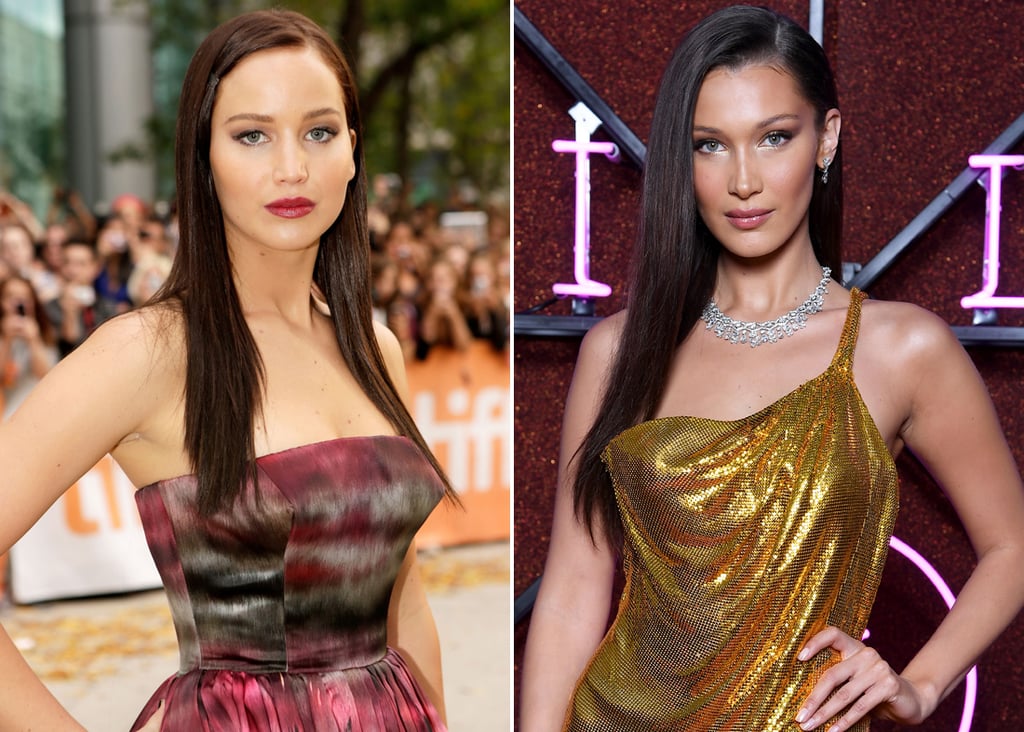
![Amazing: 15 Celebrities And Their Celebrity Look-Alikes [LOOK] - The Trent](https://www.thetrentonline.com/wp-content/uploads/2014/01/Celebrity-Look-Alikes-The-Trent-27899.jpg)
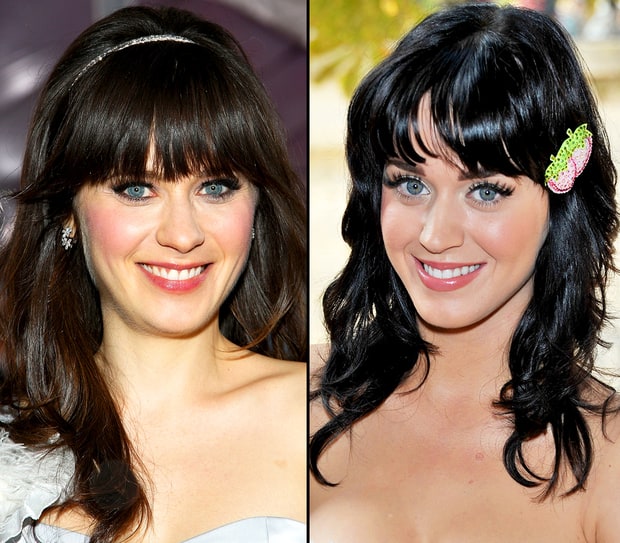
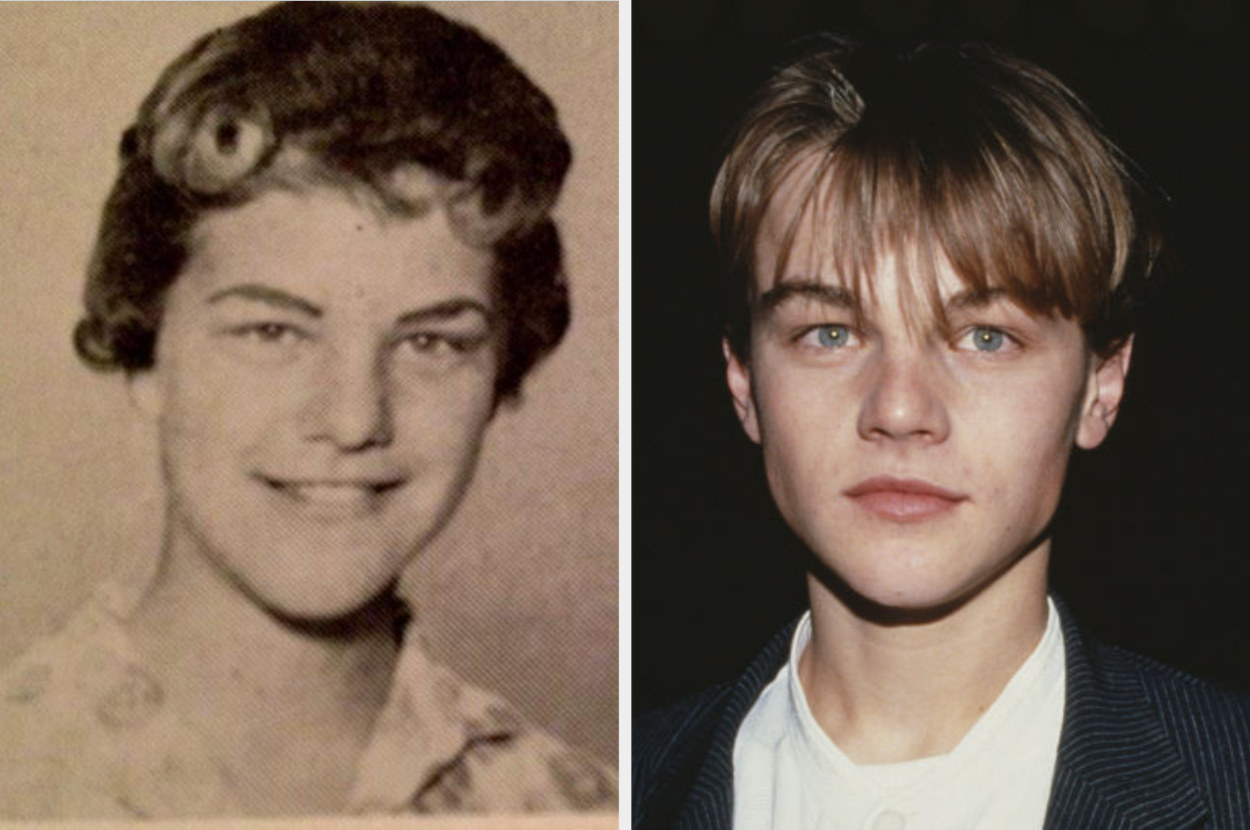
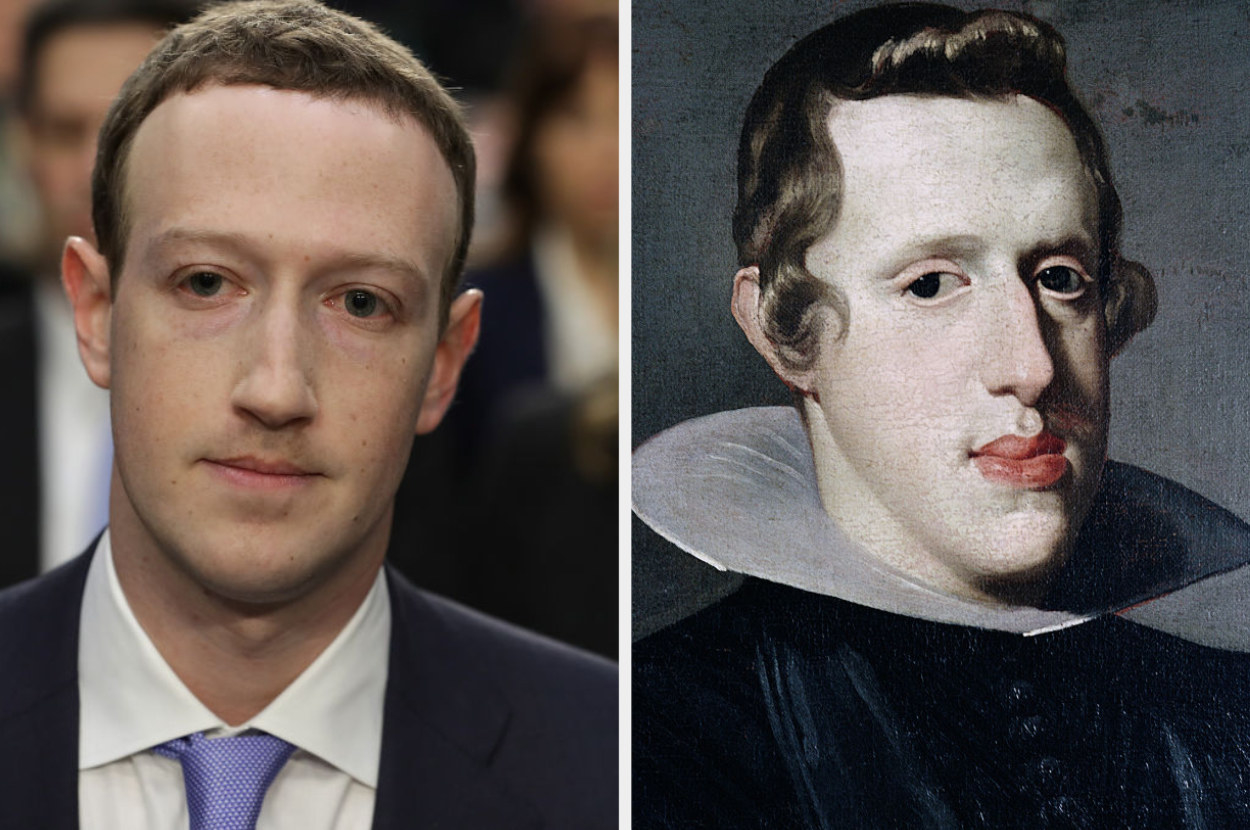
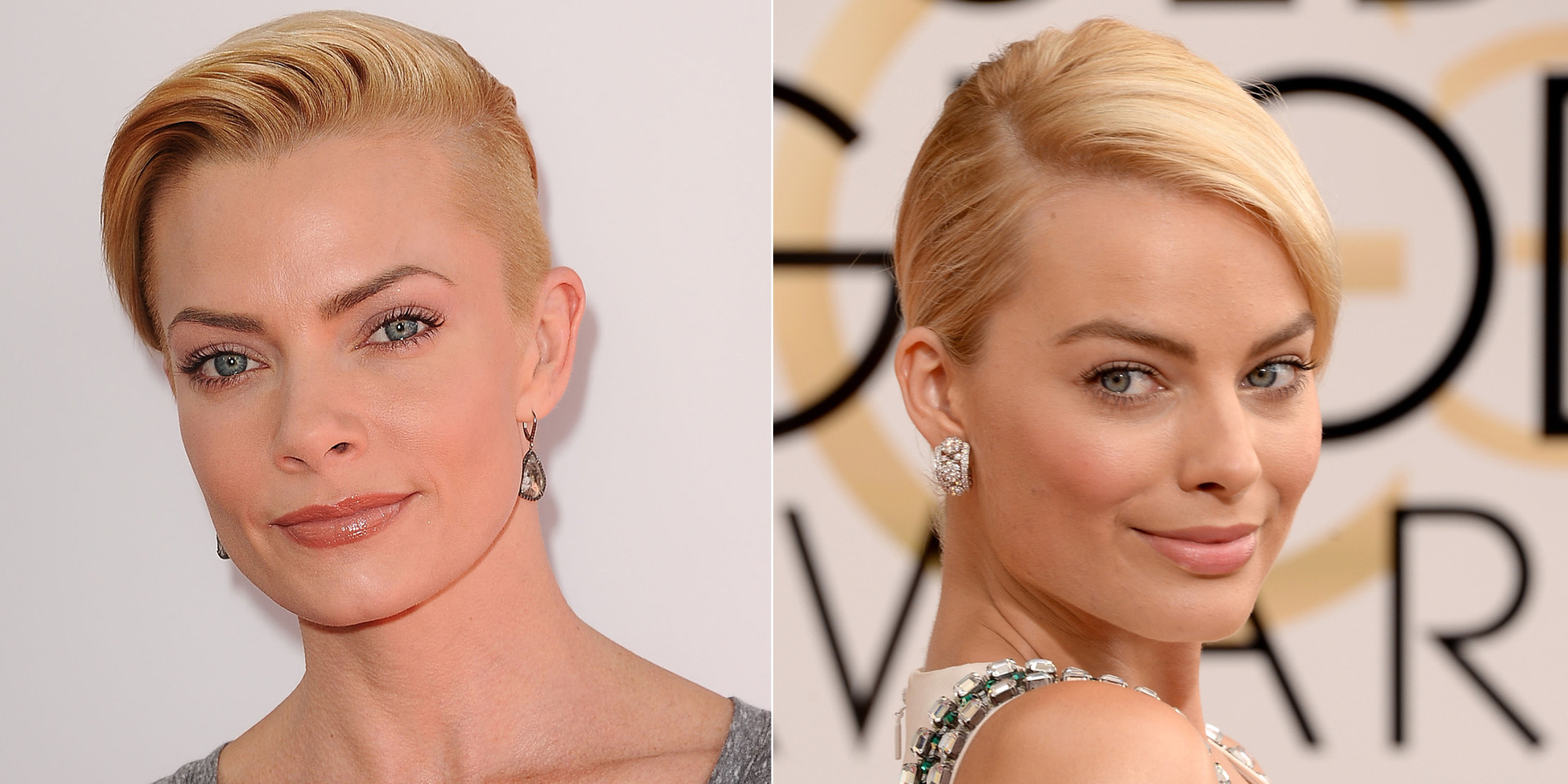

Closure
Thus, we hope this article has provided valuable insights into The Phenomenon of Celebrity Look-Alikes: A Study of Resemblance and its Impact. We hope you find this article informative and beneficial. See you in our next article!